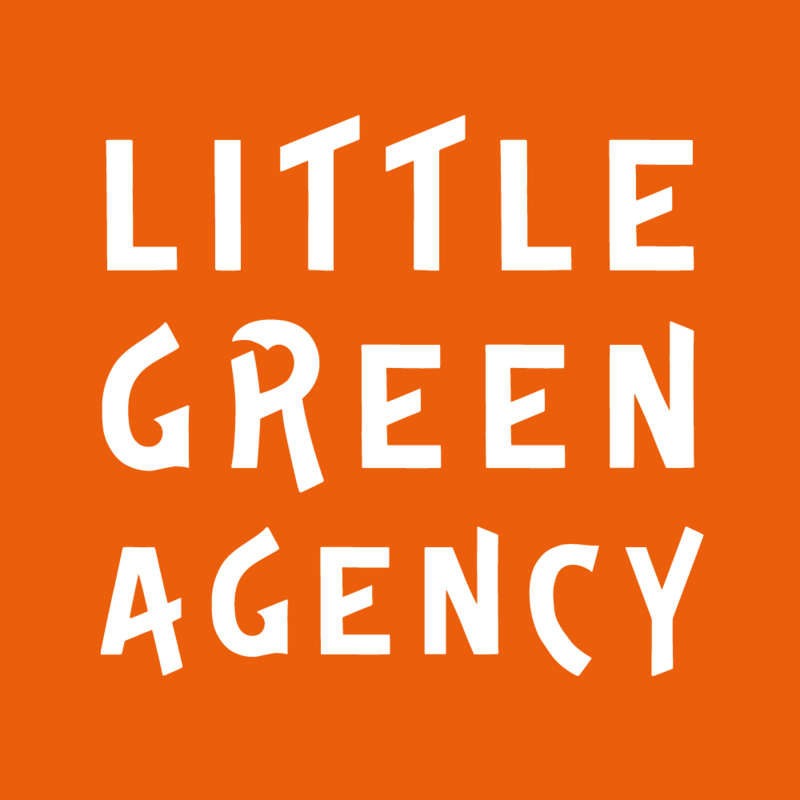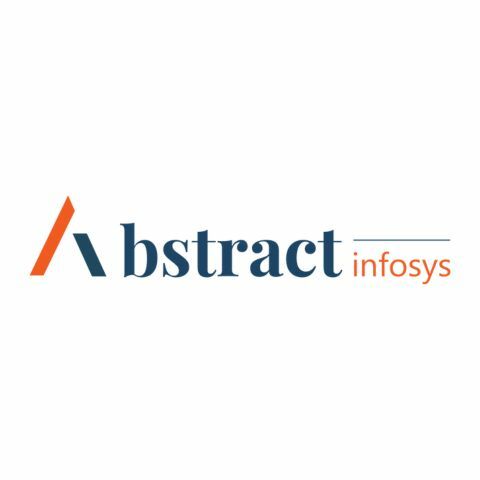
Articles
Don’t Forget Traditional SEO: It Still Drives the Majority of Search Traffic

Share this post
With AI reshaping how people search, it’s easy to assume that traditional SEO is on the way out. New terms like GEO (Generative Engine Optimisation) are gaining buzz, and features like ChatGPT responses or Google’s AI Overviews are changing how users find information. But for UK businesses that rely on online visibility, traditional SEO remains essential — especially for commercial searches that drive leads and sales.
AI is making strides, but mostly for informational queries. As of early 2025, Google’s AI Overviews appear in around 13% of desktop searches, nearly double from just two months earlier. However, 88% of those are non-commercial — questions like “why is my boiler leaking?” rather than “emergency plumber in Northampton”. While AI may shift how users ask questions, it hasn’t changed how they buy or book. For searches with intent, such as hiring a service or finding a product, Google and Bing still prioritise standard organic results, local map packs, and ads.
Concerns around declining click-through rates (CTR) are valid — AI Overviews can reduce clicks to the top organic result by up to 34%. But again, this impact is mainly seen on informational queries. When people are ready to act — like searching for “SEO agency near me” or “best estate agents in Leicester” — traditional search formats still dominate, and CTRs remain strong.
Traditional SEO refers to proven methods that continue to influence rankings: keyword research aligned with user intent, on-page optimisation (titles, meta descriptions, structured headings), quality content, internal links, strong site architecture, backlinks from trusted domains, and solid technical performance. These fundamentals still determine how often — and where — your website appears in search results.
While GEO is an emerging trend, it’s still early days for most businesses. Traffic from AI chatbots and answer engines remains low — around 3% of total site visits, compared to traditional search engines which deliver 34 times more. GEO may offer future opportunities for publishers and content creators, but for now, it’s not a traffic source most SMEs can rely on.
Some publishers are already feeling the impact of AI. Forbes and HuffPost, for example, have seen significant traffic drops since AI Overviews launched. But these losses mostly affect top-of-funnel, information-rich content — not transactional searches that lead to direct conversions. For service-based businesses or local providers, the core challenge is still being found when a user is ready to take action — and that’s where classic SEO still wins.
One of the most resilient and effective strategies today is local SEO. For businesses operating in a defined geographic area, optimising your Google Business Profile, building location-specific landing pages, and earning local backlinks can dramatically improve visibility. Working with an experienced agency — whether it’s SEO Market Harborough or SEO Leicester — ensures your approach is tailored to your service area and your audience.
So what should businesses do now? Stay focused on the fundamentals: target commercial-intent keywords, optimise your content and technical setup, continue earning quality backlinks, and invest in local SEO. Keep an eye on emerging AI trends — but don’t be too quick to pivot.
AI may be changing how people search — but traditional SEO still drives the clicks that matter most.




